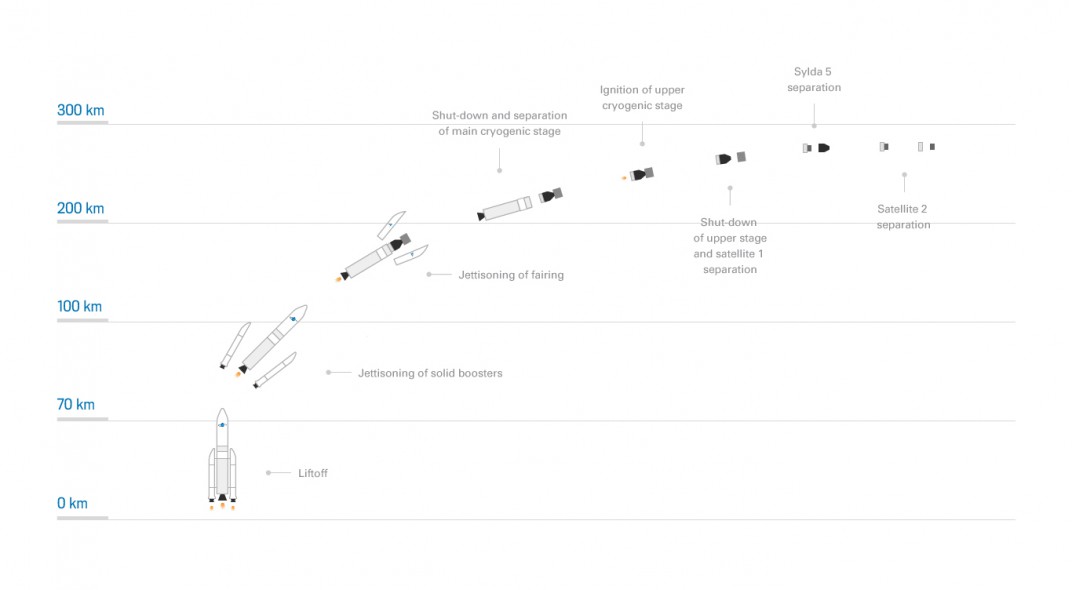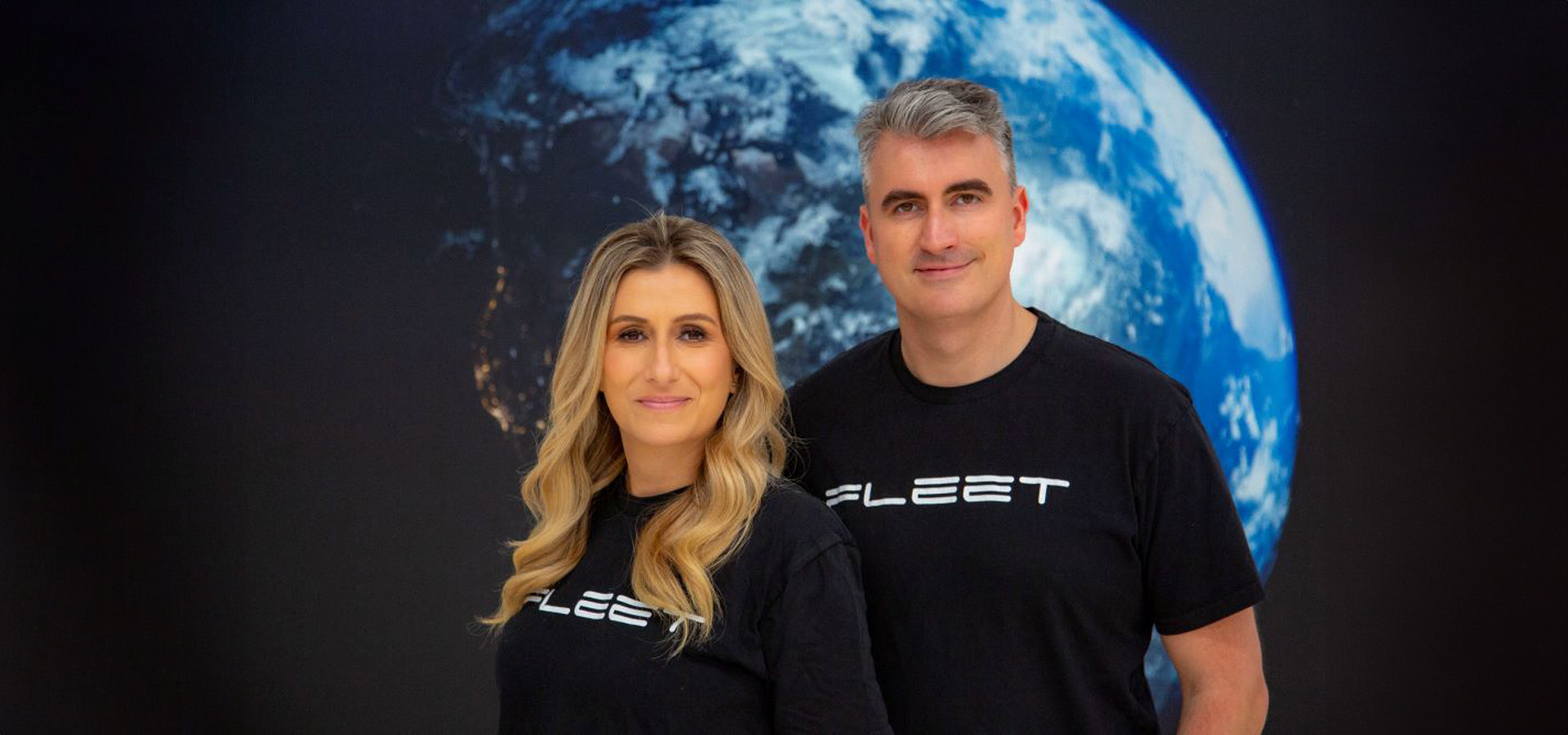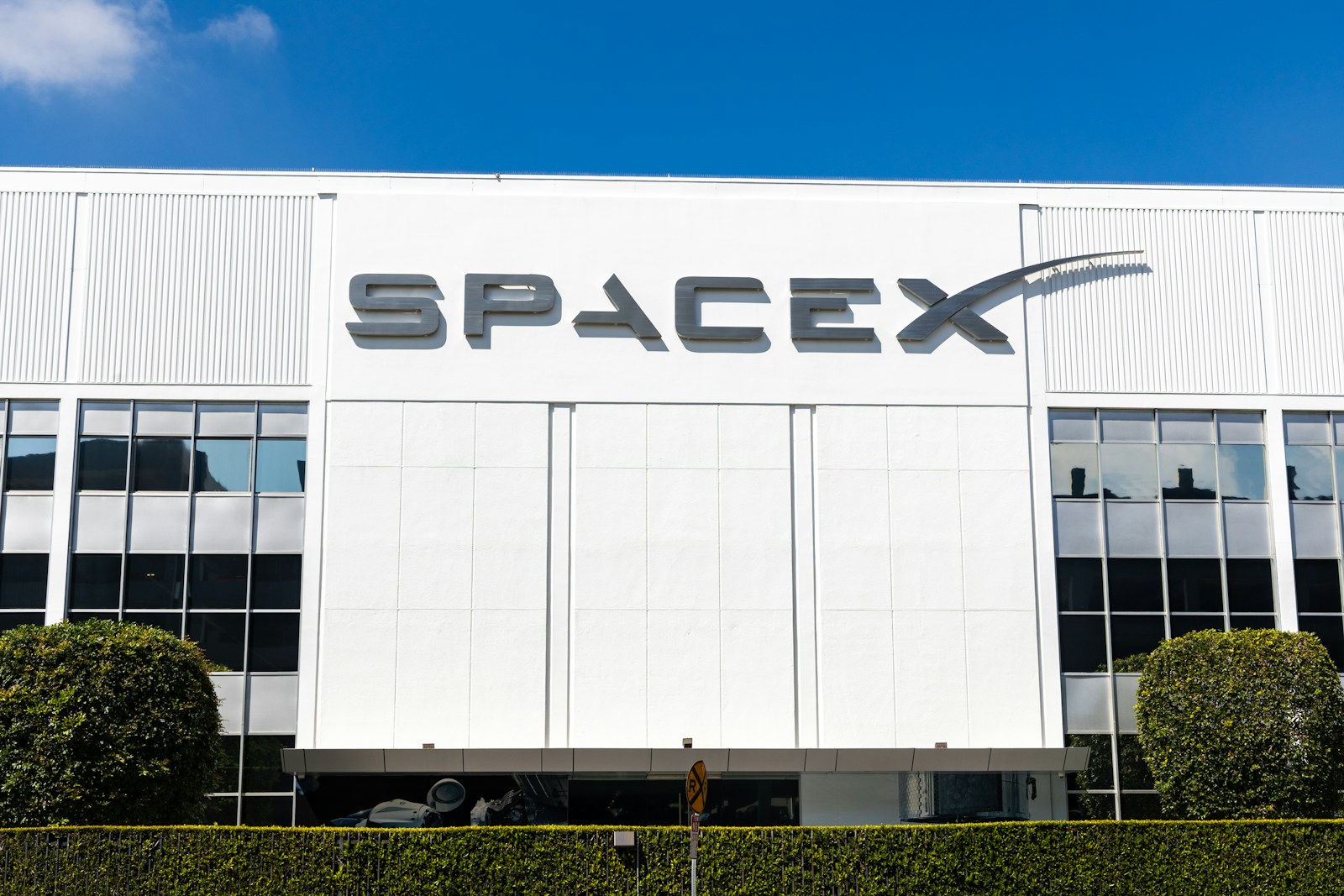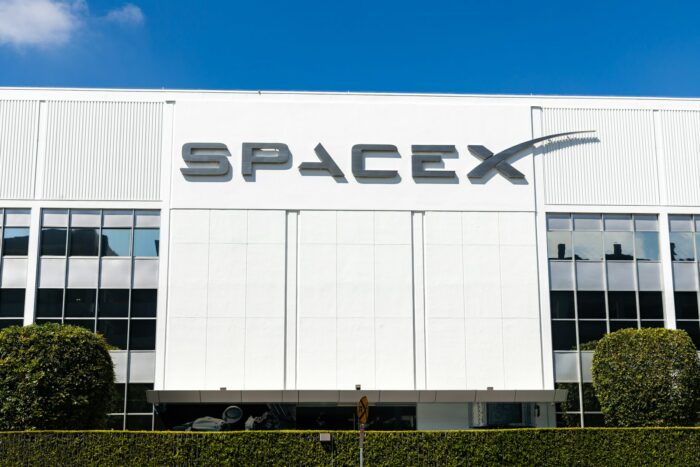For the longest time, space has been a realm that required significant capital investment, expert human resources, and the ability to develop and leverage favoring policies. As a result, only national governments could afford to interact with and exploit Space as a geographical location and for various purposes. Because governments were responsible for earlier inroads into space, it was not until private space companies that the immense commercial potential of space became fully understood and harnessed. Interestingly enough, it is now commonplace for national governments to specifically fund private inroads into space, not only for its commercial potential but its socioeconomic development capabilities. This article will discuss lists of top private space companies that have had an impact across various space sectors.
Table of Contents
TogglePrivate Space Companies: What Do They Do?
Private space companies primarily engage in activities related to space exploration, satellite deployment, space tourism, and other commercial space ventures. The primary differentiating factor remains that private space companies are usually for-profit and they are run as such. National governments, after realizing the unmatched potential of commercial space exploration, have emerged as major partners and clients of significant players in the global space industry, to develop and launch spacecraft, satellites, and rockets. For example, NASA, in 2022, spent 73.5% of its budget on contracts with nearly 5,000 businesses, nonprofit organizations, and educational institutions across the United States, according to The Planetary Society. The space agency has contracted top private space companies like Boeing, Lockheed Martin, SpaceX, and Orbital Sciences.
One of the legal backbones for commercial space exploration (and perhaps exploitation) lies in the Outer Space Treaty, or more professionally, the “Treaty on Principles Governing the Activities of States in the Exploration and Use of Outer Space, including the Moon and Other Celestial Bodies”. The 1967 document establishes the legal framework for activities in outer space, including the routes for commercial space ventures. The United States has also established the Artemis Accords, with several signatory countries, to develop a more modern and commercial legal environment for space commercialization. Here are some of the private space companies looking to exploit space in different respects.
Top Private Space Companies
Private Space Launch Companies
Space launch companies specialize in providing the necessary technology and services to launch payloads like scientific instruments, including satellites, cargo, and crewed missions into orbit or beyond. Here are some top private space launch companies:
SpaceX
SpaceX (Space Exploration Technologies Corp.), one of the best space companies in the world, is an American aerospace manufacturer and space transportation company. SpaceX’s impact in the commercial space launch venture is remarkable. The spaceflight venture’s Dragon spacecraft became the first commercial spacecraft to deliver cargo to and from the International Space Station (ISS). Furthermore, SpaceX became the first private company to take humans to the ISS in 2020.
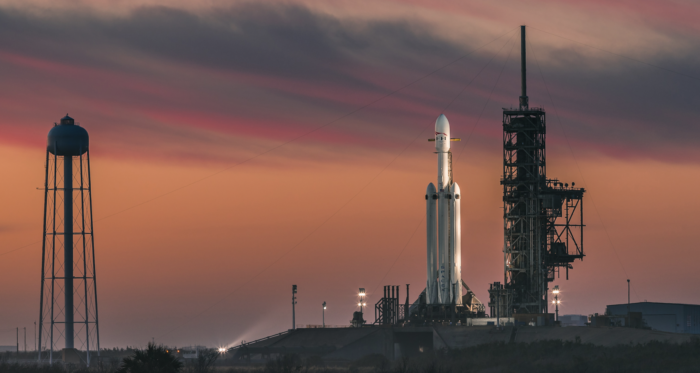
One of SpaceX’s innovative contributions to the spaceflight market is its reusability program, primarily on the back of its Falcon 9 launcher. The rocket is a reusable, two-stage rocket for transporting people and payloads into Earth orbit and beyond. Reusability is a game-changer in the spaceflight industry as it allows SpaceX to refly the most expensive parts of the rocket, which consequently lowers the cost of space access.
SpaceX is also currently in the development stages of its Starship spacecraft, which will be a fully reusable spacecraft for missions to Mars and beyond. Starship will potentially carry large numbers of passengers and cargo, as it will be capable of carrying up to 150 metric tonnes fully reusable and 250 metric tonnes expendable.
Visit company’s profile page.
See also: Top 6 SpaceX’s Goals
Arianespace
Arianespace is a European launch service provider and the world’s first commercial space transportation company, specializing in launching satellites into space. The Eponymous Ariane family launch vehicle is the company’s famous launch vehicle family. The Ariane 5 has seen the most use for Arianespace’s clients as a result of its industry-famous reliability and versatility. The spacecraft is capable of launching several payloads simultaneously and has deployed various satellites, including communication and Earth observation satellites, and scientific missions.
The space launch company’s access to the equator, through the use of the Guiana Space Center in French Guiana, also enables efficient and cost-effective equatorial launches for geostationary orbit satellites. Despite its ability for equatorial GEO launches, the launch company is also capable of launching spacecraft further into the solar system. For example, the private space launch company successfully placed the European Space Agency (ESA)’s JUICE space probe in an escape orbit on its way to the Jovian system. Ariane 5 was also responsible for launching NASA’s James Webb Space Telescope on a highly accurate deep-space trajectory, conserving the telescope’s precious onboard propellant for a longer lifetime of discoveries.
Visit company’s profile page.
Satellite Manufacturing Private Space Companies
The satellite manufacturing industry is another testament to the technological diversity of the space industry. Expectedly, several private space companies are also making innovative impacts in the market segment. These companies develop independent satellite parts, subsystems, satellite buses, and entire satellites. Furthermore, some of these private satellite manufacturing companies are also responsible for the entire manufacture, assembly, integration, and testing (MAIT) lifecycle of the satellites they offer clients. Here is a list of some of the top private satellite manufacturing space companies:
Boeing Space
Boeing Defense, Space & Security (BDS) is a division of The Boeing Company and focuses on space exploration, satellite manufacturing, and related technologies. Boeing, after starting out in 1916, initially focused on building aircraft. Over time, the company grew its reach into different sectors of the aerospace industry, including space exploration and satellite manufacturing.
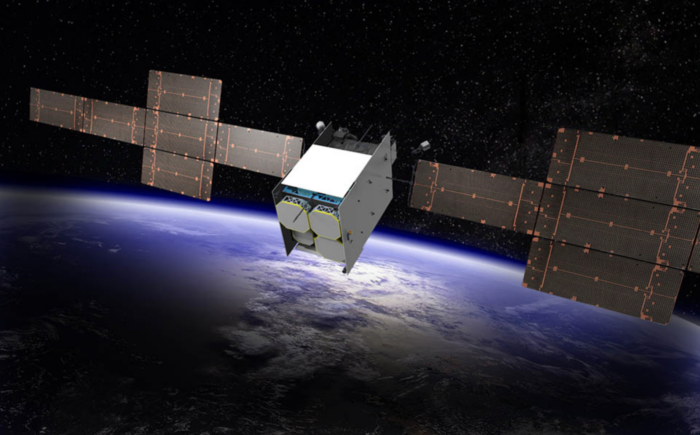
The company is in its sixth decade of providing advanced space and communications systems for military, commercial, and scientific uses. Boeing satellites deliver digital communications, mobile communications, broadband internet connectivity, streaming entertainment, and direct-to-home entertainment around the world. Furthermore, Boeing’s flagship satellite model, the Boeing 702, is a powerful, scalable product line offering flexible designs that can operate in geosynchronous, medium-Earth, or low-Earth orbits.
A beneficiary of government contracts, Boeing Government Satellite Systems also delivers satellite and ground solutions that support government customers’ national security operations, including intelligence, surveillance, reconnaissance, and communications. Consequently, the private satellite manufacturing company is the prime contractor for the X-37B Orbital Test Vehicle. The U.S. Department of the Air Force uses the test vehicle to perform risk-reduction and experimentation for reusable space vehicle technologies.
Visit company’s profile page.
Private Space Exploration Companies
Space exploration companies dedicate their efforts to advancing humanity’s understanding of space, conducting missions beyond Earth’s atmosphere, and developing technologies for space travel and exploration. Private space exploration outfits also play a critical role in pushing the boundaries of space exploration and expanding our knowledge of the universe. Here is a list of some top space exploration companies:
Axiom Space
Axiom Space is a private space company developing commercial space habitats and offering space-related services. The most impactful of Axiom Space’s programs is its missions to the ISS. In addition to this, the company has ambitious plans to build and operate the world’s first commercial space station, which would serve as a hub for research, manufacturing, and space tourism.
The company’s Axiom Mission 2 (Ax-2) was its second all-private astronaut mission to the ISS, launching on May 21 2023 in SpaceX’s Dragon spacecraft atop its Falcon 9 rocket to participate in the mission. Axiom Space’s ISS commercial missions have enjoyed use from notable countries, including Saudi Arabia, which used the platform to send its first female astronaut, Rayyanah Barnawi, to space.
Visit company’s profile page.
Lockheed Martin
Lockheed Martin focuses on space exploration, satellite manufacturing, and space technology. The prominent aerospace and defense company has built spacecraft for NASA missions, such as Mars rovers, and is actively developing advanced space systems.
Lockheed Martin’s current space exploration impact is indubitable, as the Company is the prime contractor for developing NASA’s Orion space vehicle for the Artemis missions. The first Orion spacecraft, Artemis III, will carry the first woman and the next man to the surface of the Moon. Orion is a critical part of the agency’s Artemis program to build a sustainable presence on the lunar surface and to prepare us to move on to Mars.
The private space company also designed and built the OSIRIS-REx spacecraft, an asteroid sampling system for NASA’s mission to collect a sample from an asteroid. The spacecraft subsequently rendezvoused with and conducted a two-year detailed survey of the Asteroid Bennu from orbit. The private space exploration company is currently designing, building, and testing lunar and deep space exploration capabilities, including NASA’s other Orion spacecraft, and creating early-warning weather and climate observation satellites, like the GOES-R series.
Visit company’s profile page.
Private Space Tourism Companies
Prior to the commercialization of space exploration, national governments typically funded and trained astronauts that they launched into space for research purposes. As a result, one could only go to space after undergoing rigorous training and preparation under the direct supervision of the government. Private space tourism companies have now made it possible for persons not affiliated with or working under any national space program to go to space (for recreational purposes, among others). However, several beneficiaries of space tourism have been researchers looking to perform short-term research in the outer space environment among others. In an interesting twist, these researchers may also be government-funded, so the relationship between space tourism and research is still very unclear. That said, here is a list of private space companies willing to get more people to space:
Virgin Galactic
Virgin Galactic is a private spaceflight company with the primary goal of offering suborbital space tourism experiences to paying customers, allowing them to experience a few minutes of weightlessness and see the curvature of the Earth from the edge of space. Before beginning its commercial endeavors in space exploration, the company’s Unity 25 mission carried four Virgin Galactic employees on May 25, 2023, to conduct the final assessment of the full spaceflight system and astronaut experience.

Virgin Galactic consequently made true its goal of offering suborbital space tourism experiences to paying customers with the success of the Galactic 01 mission on July 29, 2023. Galactic 01 carried 13 research payloads and three crew members from the Italian Air Force and the National Research Council of Italy, demonstrating the company’s unique microgravity research offering.
Virgin Galactic also operates from Spaceport America in New Mexico, which serves as its primary launch and operational facility. The facility is the first purpose-built commercial spaceport in the world and has several features that make it a rocket-friendly environment, including 6,000 square miles of restricted airspace, low population density, a 12,000-foot by 200-foot runway, and vertical launch complexes.
Visit company’s profile page.
You may also like:
- Best Space Companies in the World
- Top Private Space Companies in India
- Best Space Companies to work for in 2023
Impact of Private Space Companies on Space Exploration
Private space companies have had a significant and transformative impact on space exploration. The efficiency, which the inherent drive for profit motivates, helps to keep access to space cheaper than ever.
Perhaps, the most critical impact of private space companies on space exploration is the increased access to space, especially in terms of capital costs and necessary level of expertise. Space exploitation and exploration, in addition to its considerable financial strain, also require a level of expertise that only countries can provide. A successful space program requires a steady flow of talented and expert workforce across the supply chain that only holistic and long-term planning and capacity development can guarantee.
This meant that only national governments that already established a functional, foundational, and sustainable capacity development space program could train the engineers, scientists, astronauts, and other researchers that would form the bulk of space professionals. This was until private space companies bridged this gap with various as-a-service solutions that gave access to persons without access to capital and technological requirements. Companies like SpaceX, Axiom Space, and the like have developed and gathered the capital and technological requirements to make space programs possible. As a result, interested persons can simply leverage the already-developed space infrastructure of these companies without having to develop an independent program from scratch. This cuts the cost of accessing space by a considerable amount.
Another reason why this impact is critical is that it also makes space accessible for non-space-faring countries. Most non-space-faring countries may be unable to focus their resources on space programs due to other prevailing socioeconomic needs. Furthermore, even countries with the necessary capital to fund space programs have benefitted from the innovations of private space companies. Countries can now simply pay for the opportunity to access space environments without having to first develop a long-term, complex, and holistic capacity development program to sustain an indigenous space program. The Kingdom of Saudi Arabia and the Italian Space Agency are two examples of countries benefiting from private inroads into space.
Private space companies are a force to reckon with in the space industry. The opportunities they afford, as they make space more accessible, have potentially exponential effects in leveraging space for socioeconomic benefits.
If you found this article to be informative, you can explore more current space news, exclusives, interviews, and podcasts.
Featured image: The standard mission stages of the decommissioned Ariane 5 rocket. Credit: Arianespace
by Joshua Faleti
Share this article:

